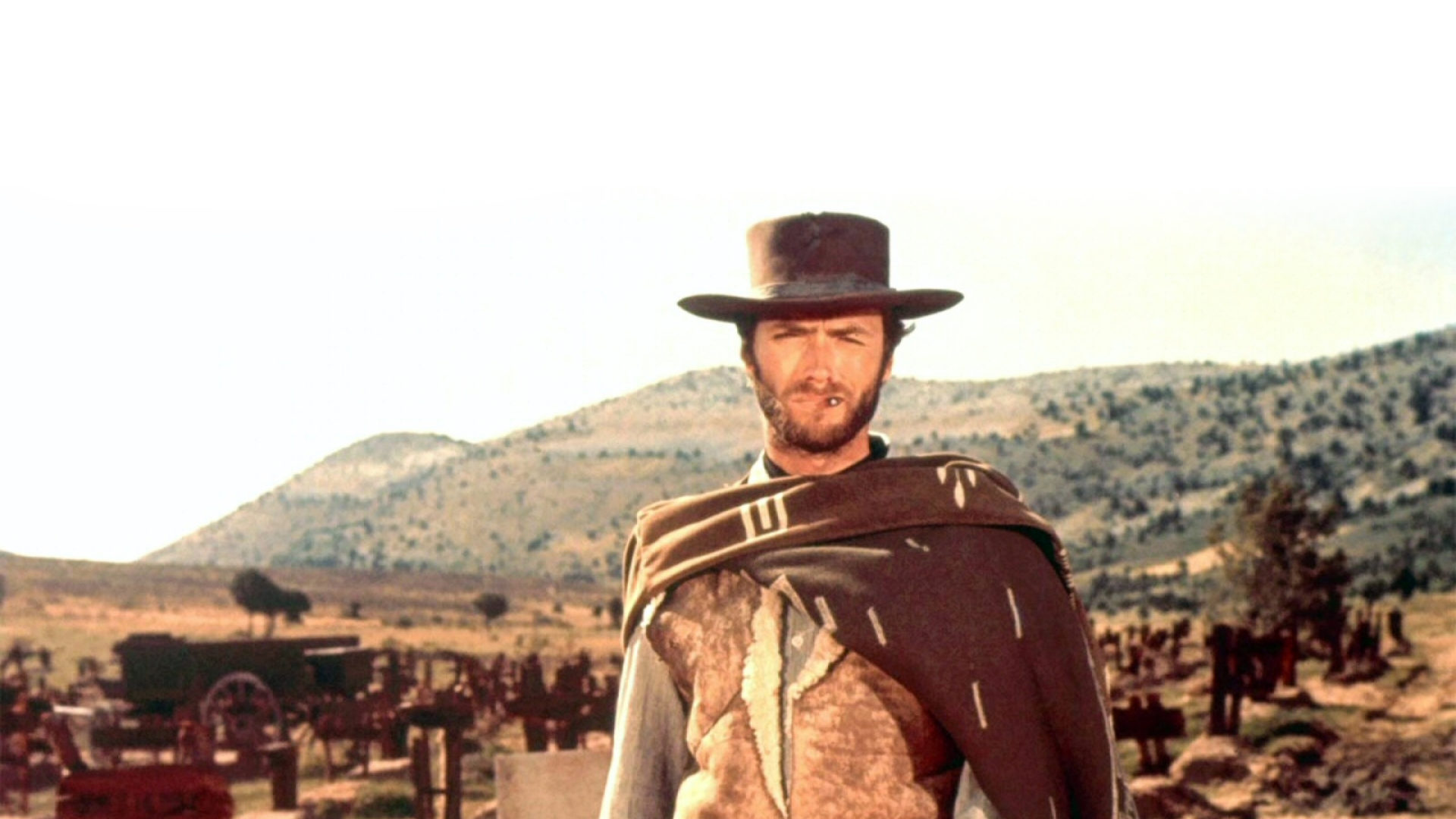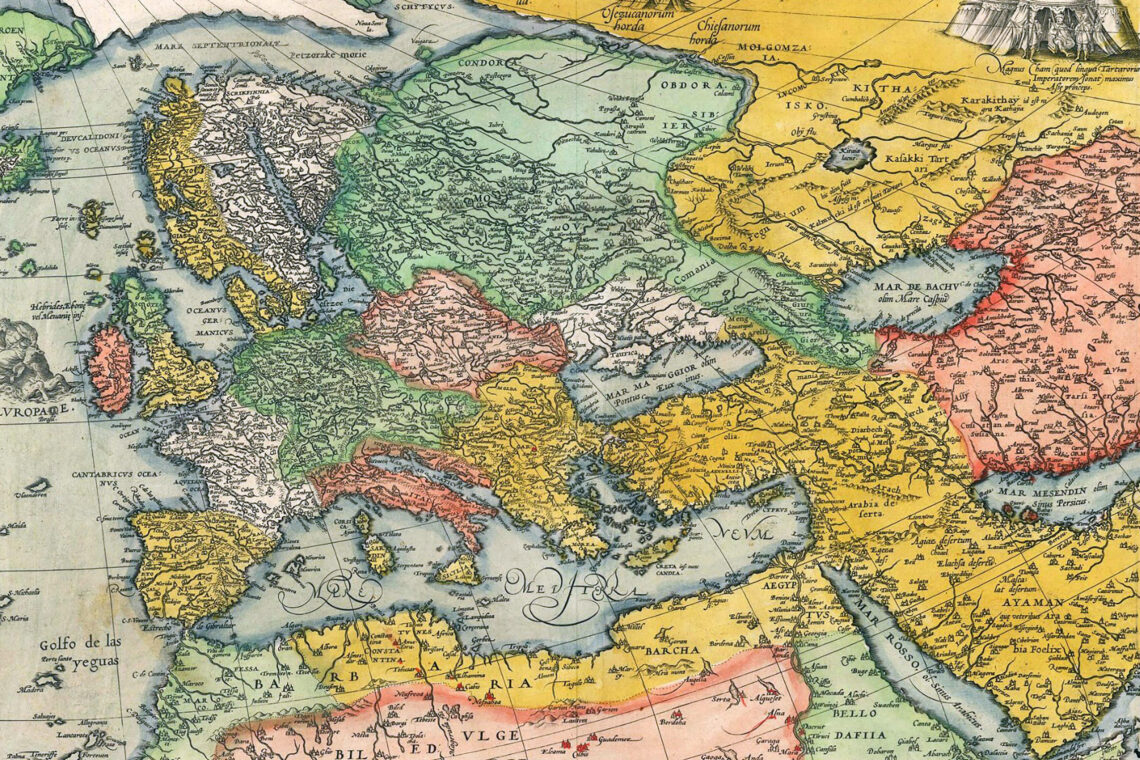I was raised in the distant lands of Morocco, on the southern shore of the Strait of Gibraltar, a waterway—I was solemnly told by my elders—that was opened for maritime traffic, human contact, and who knows what other kinds of discovery when Hercules split Europe from Africa. Like all ancient gods and latter-day bohemian artists, Hercules rested in Tangier, forever challenging the city’s inhabitants to live up to his heroic feats and unorthodox status. As a child, I dreamt of traveling to the dwellings of the brave, so when I saw Blondie in Sergio Leone’s film The Good, the Bad and the Ugly I knew I had found my appointed place. I packed my suitcases and flew on an Iberia airplane to New York City. As soon as I landed, I was offered a cup of coffee to go, appropriately inscribed with Greek themes. All the diners were run by Greeks, too. The Old World had found a place in the glitzy hubbub of the Big Apple.
I quickly realized, however, that I had gone where Hercules never set foot. The Greek god was no match for the city’s skyscrapers; only an ape like King Kong could handle America’s towers of Babel. People were in a frenzy, chasing money and fame, and threatening to ruin one another with lawyers. Some New Yorkers from Brooklyn and Queens, I heard, had other powers at their disposal. Everybody wanted to win and nobody wanted to die. A post office proudly proclaimed that “neither snow nor rain nor heat nor gloom of night” could ever stop the mail from being delivered. A famous song declared the city sleepless. It was exciting.
The years passed and I started hearing about people demanding huge sums of money for burning themselves with coffee, falling on someone’s yard, and just being inconvenienced by some event. If someone drowned in the ocean, a new law had to be created. Gradually, hapless Americans assumed responsibility for what others consider to be the natural hazards of life. A new puritanism—not of the soul—outlawed imperfections, condemned all mistakes, and punished all trespasses. A world of tough conquerors was reborn as a paradise for angels.
Understandably, the angels waged war on any and all human folly. A new world order arose from the wild neighborhoods and boroughs of the land. People were encouraged to confess their sins, watch their words, denounce their ancestors, condemn war, and do penance at the altar of universal peace. To avoid being among the fallen, one had to avoid smoking, wear seat belts, run forever, lose weight, wear sunscreen, schedule medical checkups, sign up for life insurance, and emphasize safety first. Warnings about terrorists, travel, and tornadoes were treated as divine decrees. No one was sure about the right number of children to have and nobody knew what exactly to eat. A jury of experts couldn’t make up its mind whether coffee and wine are good for us. Young people deserted churches and tattooed their bodies to look like some primitive tribe they had never met. Others found relief in marijuana and joy in yoga. People stopped shopping in stores; they bought food on the Internet. Some even planned tourist trips to other planets.
One Harvard professor announced that we lived in the best of times even while many people endured prolonged states of low-intensity nervous breakdowns over politics. A New York realtor and dealer who had become president found himself at the center of a storm including Russians, porn stars and Playboy models. He imposed tariffs, anyway, and shook hands with the Supreme Leader of North Korea in Singapore. Men, according to a growing list of reports, lost their way and found a new hero in Canada who was willing to stare down the dark forces of chaos. New gods emerged in the mysterious realm of Internet: Mess with them and you’d be haunted by an army of demons. There is no forgiveness in this world; your deeds follow you until the end of time.
After almost 35 years of living the dream, I knew I had reached another crossroads. Time was running out and my heroes had perished or were transformed into Disney creatures. My promised land had turned into a nation of helpless citizens and disoriented people needing constant guidance. This was no place for Blondie. I could see him joining his dead partner Tuco in the afterlife, smoking his cigarillo on the Day of the Dead, and the Mexican complaining about the cash he lost after he had untied himself and made his way out of the cemetery. Blondie would say not a word and merely offer a comforting puff to the luckless bandit.





Comments are moderated by the editor and may not appear on this discussion until they have been reviewed and deemed appropriate for posting. All information collected is handled in a manner consistent with our privacy policy.